
LA JOLLA, CA—Immunologist Shane Crotty, Ph.D., Professor and Chief Scientific Officer at La Jolla Institute for Immunology (LJI) has been elected to the American Academy of Arts and Sciences. Crotty was elected to this prestigious organization in recognition of his leadership in…

LJI and UC San Diego scientists make striking discovery as they work to combat Zika and related viral threats
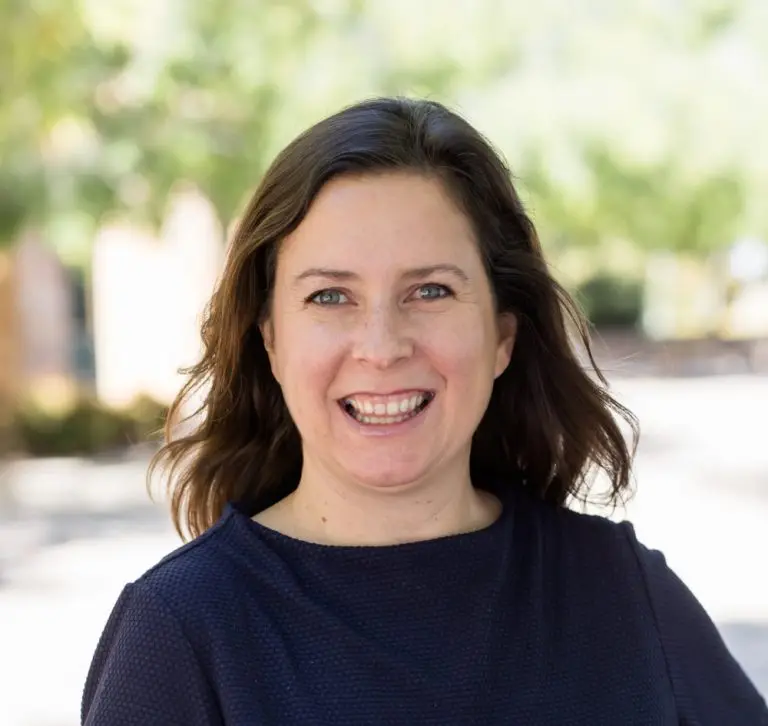
LJI scientists find protective T cells in children who experience two or more dengue virus infections
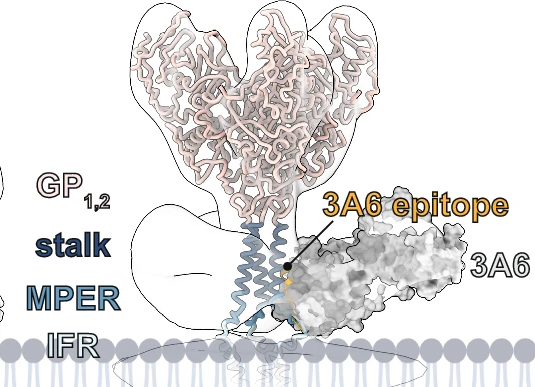
Promising antibody may prove useful against deadly outbreaks
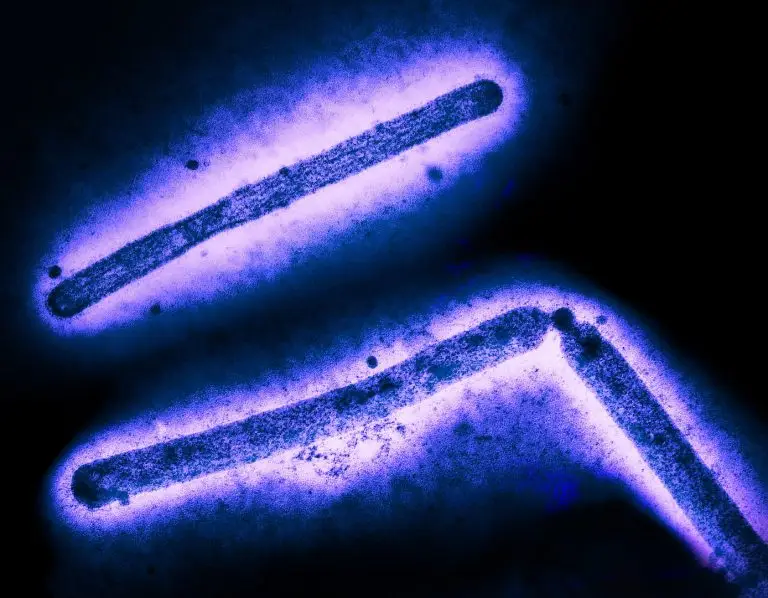
New LJI research suggests many people already have T cells with the power to fight "highly pathogenic" avian influenza

LJI Professor Sujan Shresta, Ph.D., is a leader in dengue virus research and vaccine development
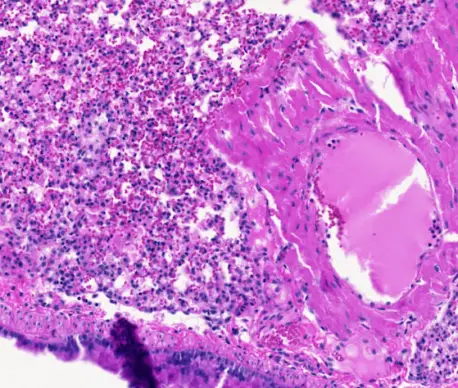
LJI and Synbal, Inc. scientists develop new tool for pandemic preparedness

Shresta and her LJI colleagues work toward pandemic preparedness as members of the national 'ReVAMPP' network
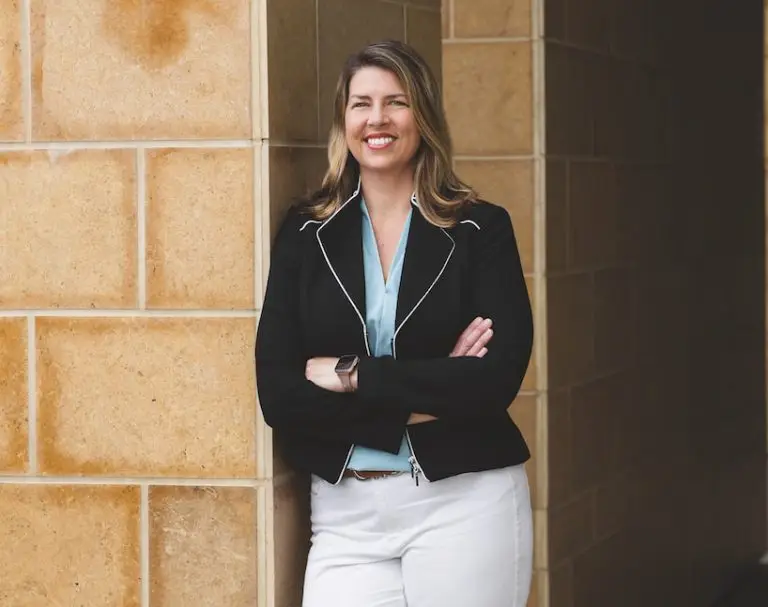
San Diego laboratories lead vaccine innovation research through new ARPA-H program
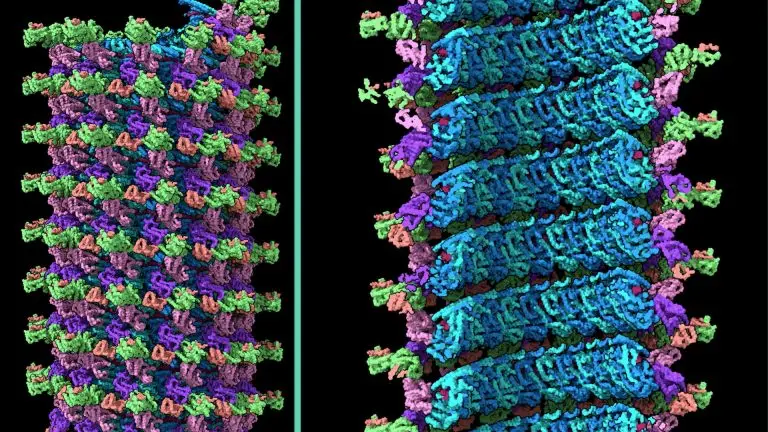
Scientists capture first look at key viral structure within infected host cells
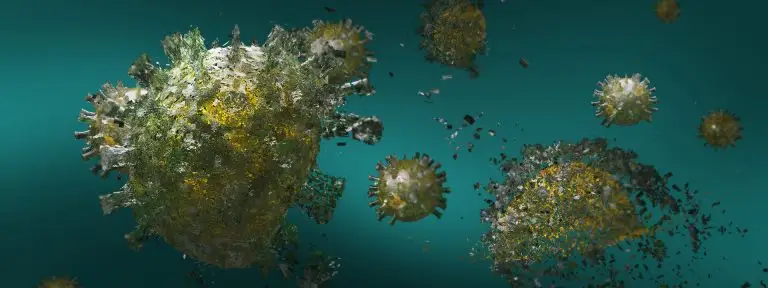
The Weiskopf is devoted to understanding T cell responses in emerging infectious viruses relevant to human health and disease.
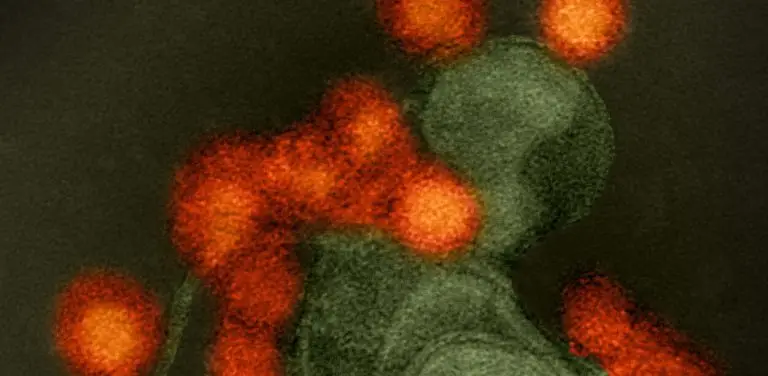
Sujan Shresta, Ph.D., and her team study the immunology and virology of mosquito-borne human pathogens such as dengue virus and Zika virus.

Alessandro Sette, Dr.Biol.Sci., defines in chemical terms the specific structures (epitopes) that the immune system recognizes and uses this knowledge to measure and understand immune responses.

Stephen Schoenberger, Ph.D., is focused on achieving a mechanistic understanding of the generation and regulation of T cell responses in the context of in vivo infection and tumor development.

Dr. Schmiedel is dedicated to shedding light on the genetic mechanisms driving the pathogenesis of human diseases. His research is revealing molecular features regulating immune cell function to enhance our understanding and advance disease diagnosis, treatment, and prevention.

Erica Ollmann Saphire, Ph.D., MBA, studies, at the molecular level, how and why viruses are pathogenic. This work provides the roadmap for medical defense.
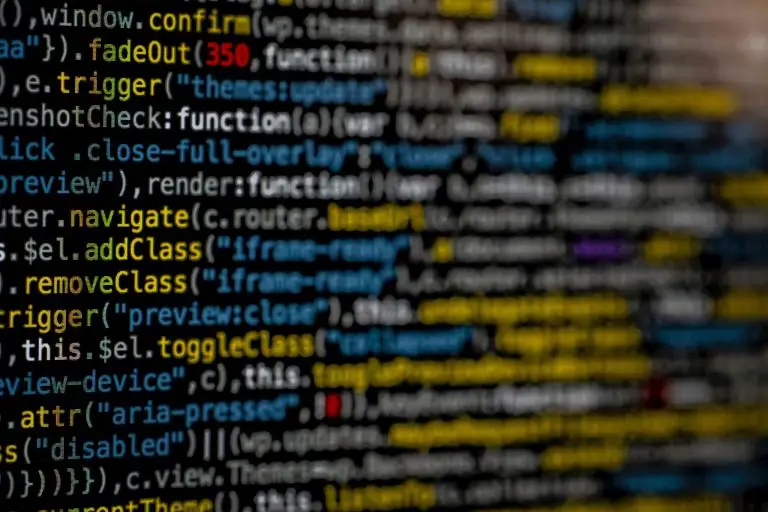
Bjoern Peters, Ph.D., and his lab members are focused on the development of computational tools to address fundamental questions in immunology.

Mitchell Kronenberg, Ph.D., and his team study T cells – white blood cells responsible for recognizing and responding to foreign invaders, such as microbes.
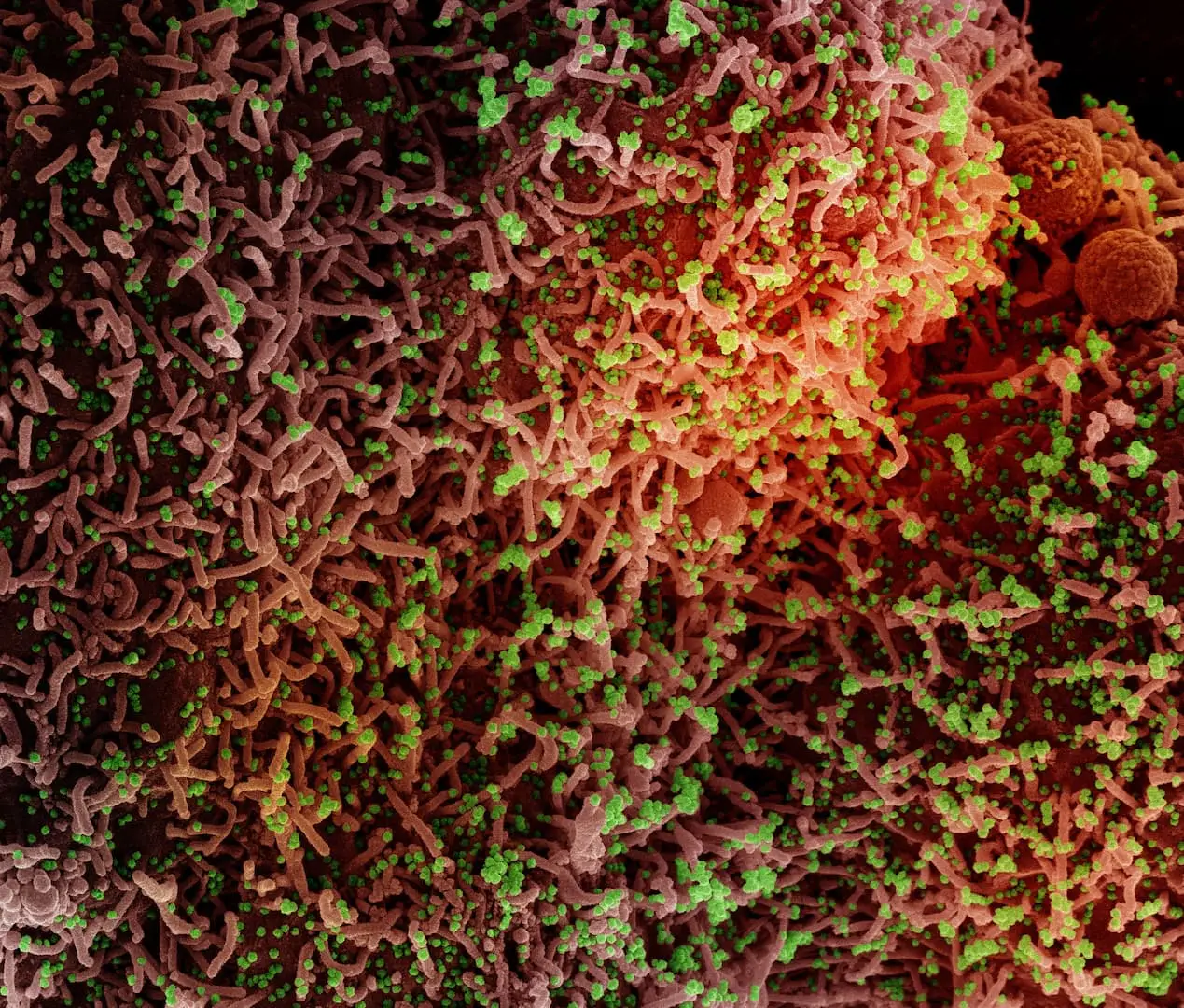
Alba Grifoni, Ph.D., studies immune response to viral infections through a combination of bioinformatics and experimental approaches. Her work is important for understanding how T cell responses recognize a range of pathogens, including Coronaviruses (SARS-CoV-2 and other subgenera), Orthopoxviruses (Mpox and Vaccinia), and other emerging pathogens.
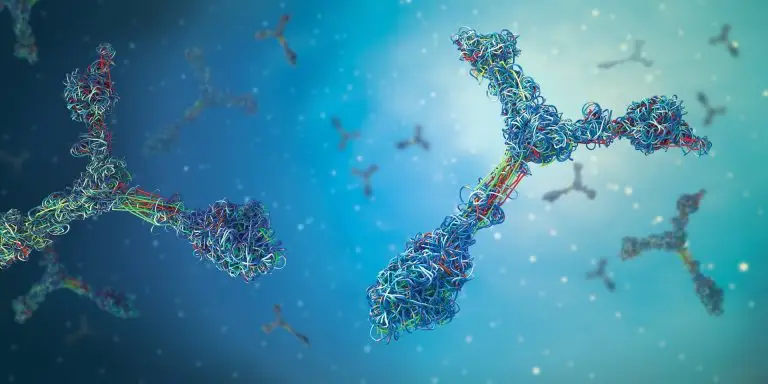
Blending biophysics and machine learning to predict the antibody response.

Shane Crotty, Ph.D., and his team study immunity against infectious diseases. They investigate how the immune system remembers infections and vaccines.

Michael Croft, Ph.D., and his team focus on a number of molecules that are members of the tumor necrosis factor (TNF) and tumor necrosis factor receptor (TNFR) family.

LJI joins a nationwide network working to accelerate transformative health solutions

LJI scientist aims to answer fundamental questions about the development and maintenance of immune cells to prevent cancer
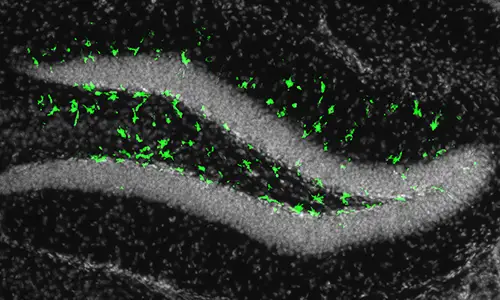
LJI scientists are investigating new strategies for stopping Zika virus.
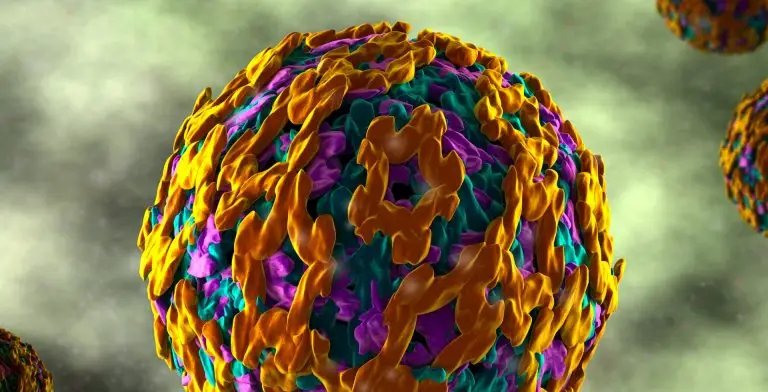
The yellow fever vaccine is one of vaccine biology’s great success stories. Scientists are hoping to learn how to design effective vaccines against other pathogens by studying the immune response induced by the yellow fever vaccine.
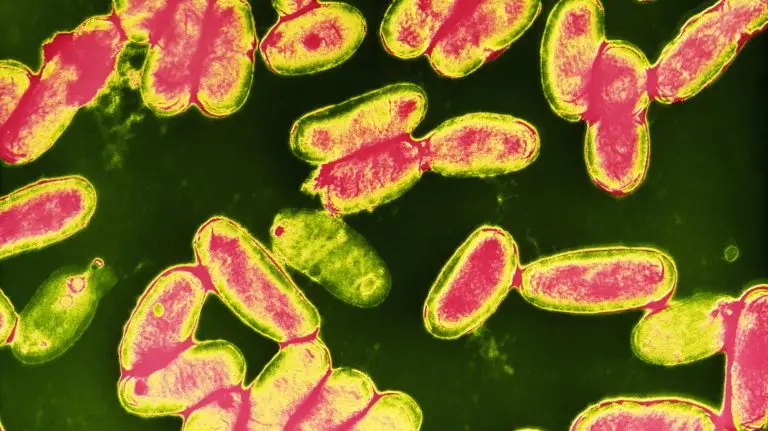
This extremely contagious disease is caused by the bacterium Bordetella pertussis, and it can be fatal in newborns.
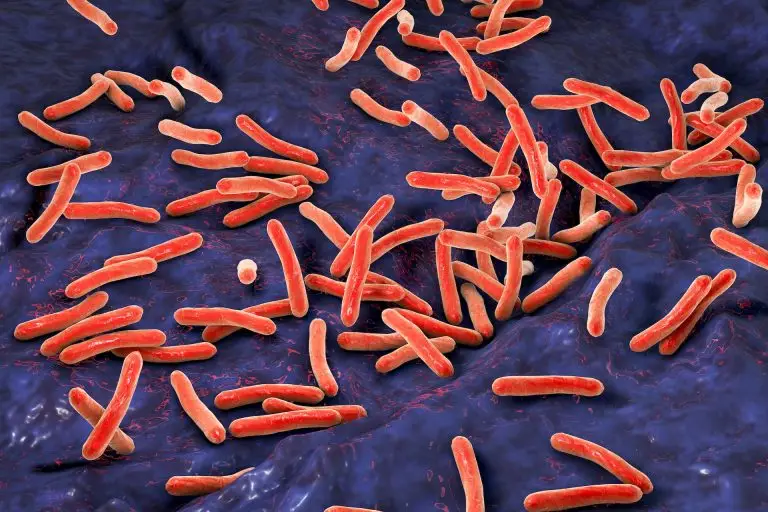
Tuberculosis kills more people each year than any other infectious disease. Scientists at La Jolla Institute are working to help doctors treat those at most risk—sooner.
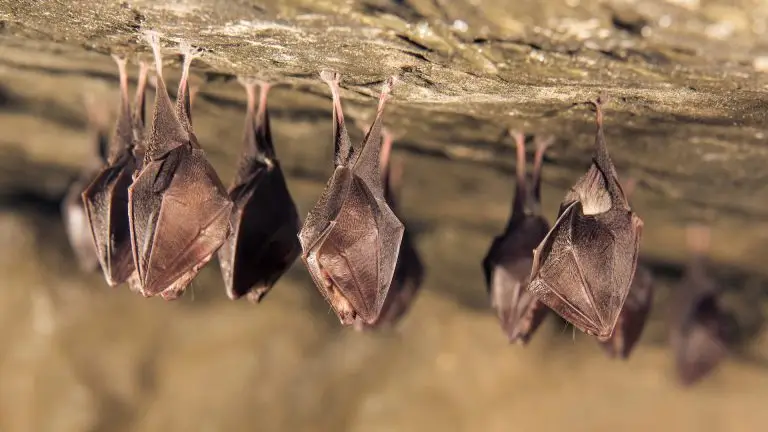
Nipah virus is endemic to regions of Southeast Asia, India, and Bangladesh, and kills 40–70 percent of those infected.
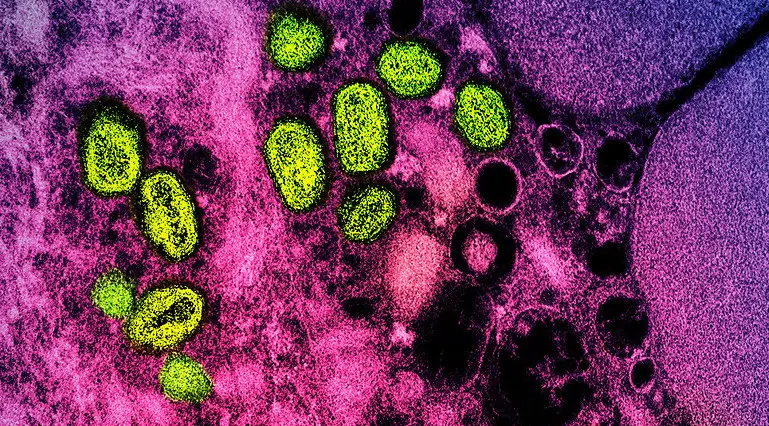
LJI scientists are committed to better understanding how the human immune system targets mpox—and how vaccines can protect at-risk people.
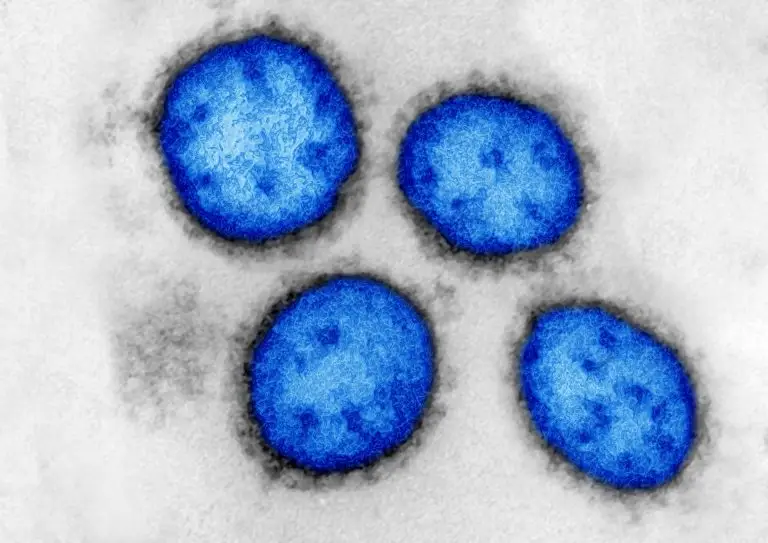
Lassa virus is endemic to West Africa and kills nearly 5,000 people a year. Research led by La Jolla Institute scientists lays the groundwork for anti-Lassa vaccine development.
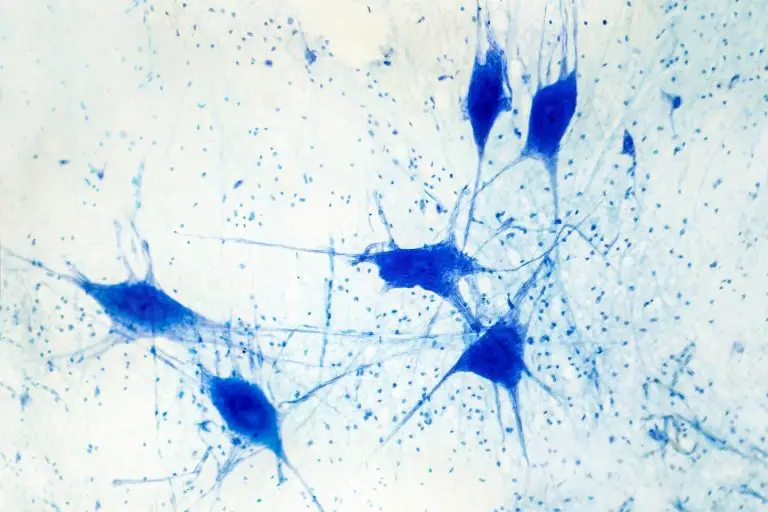
More than 3 billion people are at risk of Japanese encephalitis, a viral disease that sickens an estimated 68,000 people each year, killing up to 20,400.
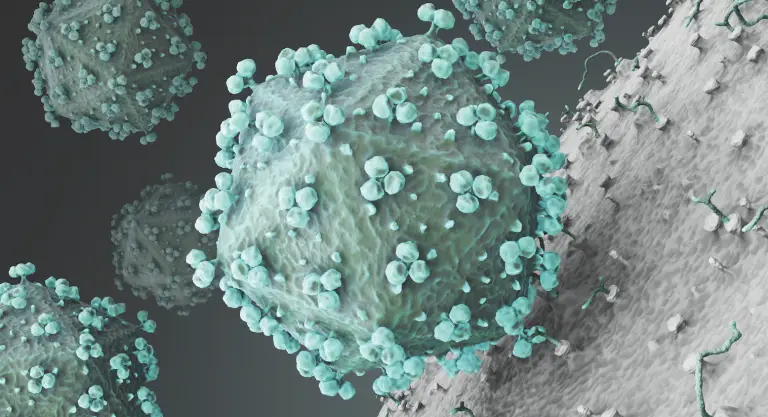
La Jolla Institute scientists are working to help develop an HIV/AIDS vaccine that can stimulate the immune system to neutralize many strains of the virus.
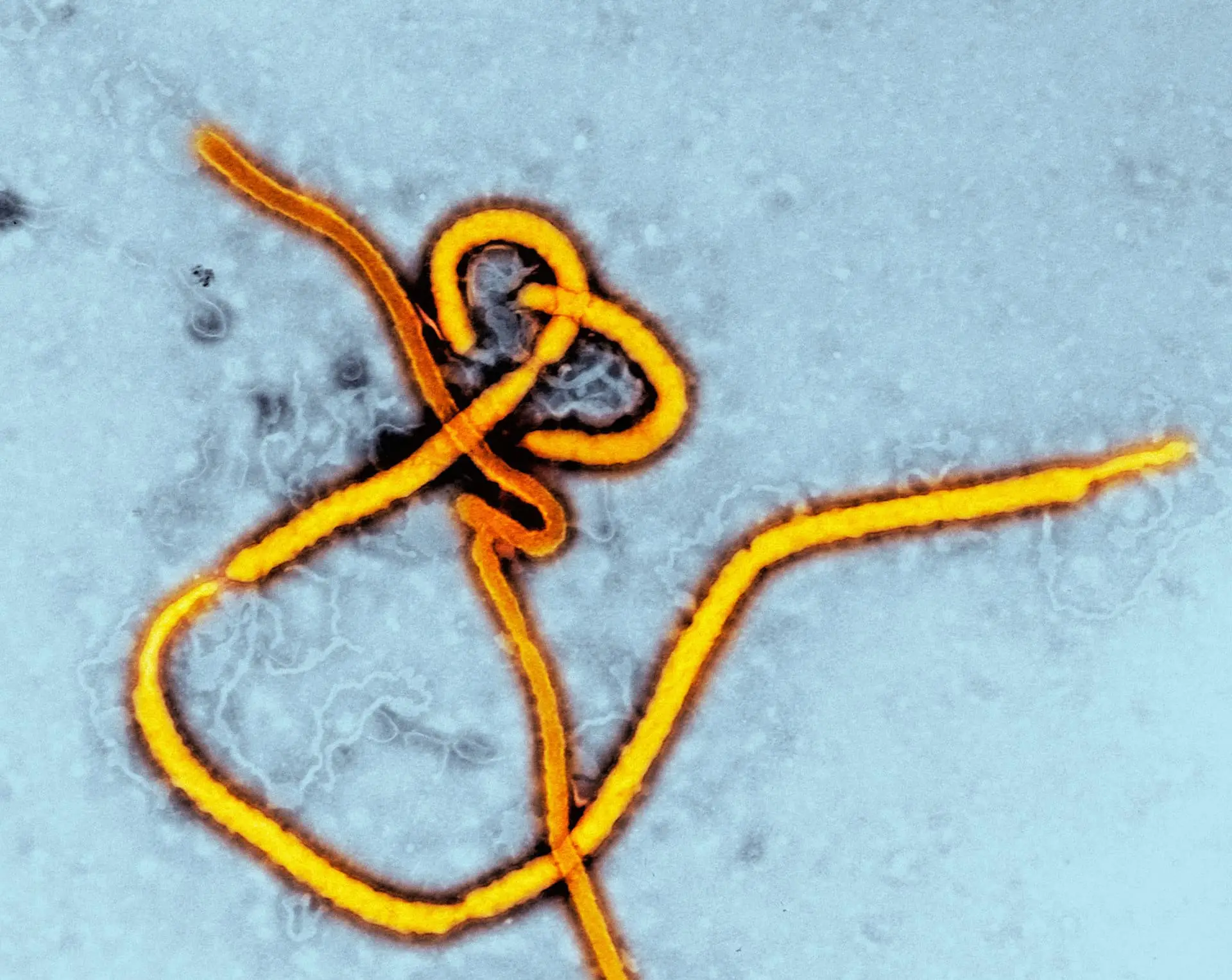
Ebola, which is endemic to west and central Africa, gives rise to hemorrhagic fever, vomiting, diarrhea, and muscle pain.
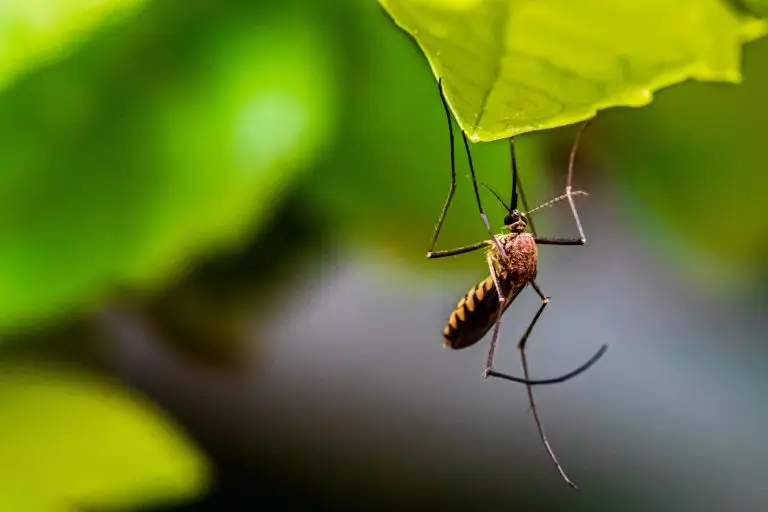
Dengue fever is the world’s most common mosquito-borne disease, giving rise to 390 million cases of viral disease yearly in tropical regions of Africa, Latin America, and Asia.
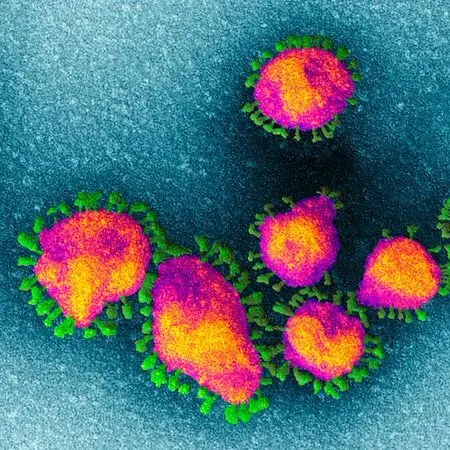
Scientists in the La Jolla Institute for Immunology (LJI) remain at the forefront of research into COVID-19 vaccines, therapies, and the disease's long-term effects.
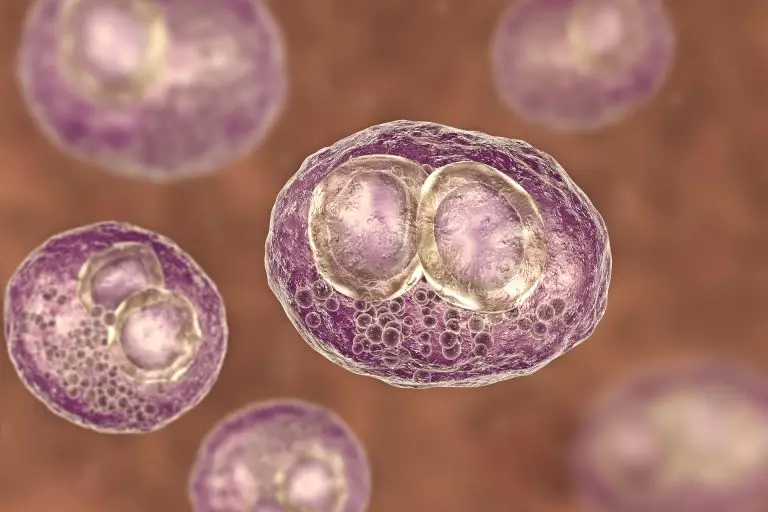
CMV is the number one infectious cause of congenital birth defects worldwide. Researchers at La Jolla Institute are working to define the molecular underpinnings of CMV infection.
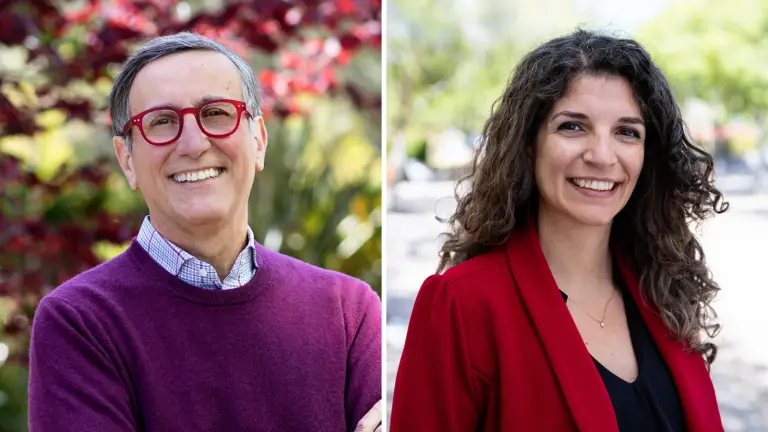
Scientists at La Jolla Institute for Immunology (LJI) lead new mpox vaccine research
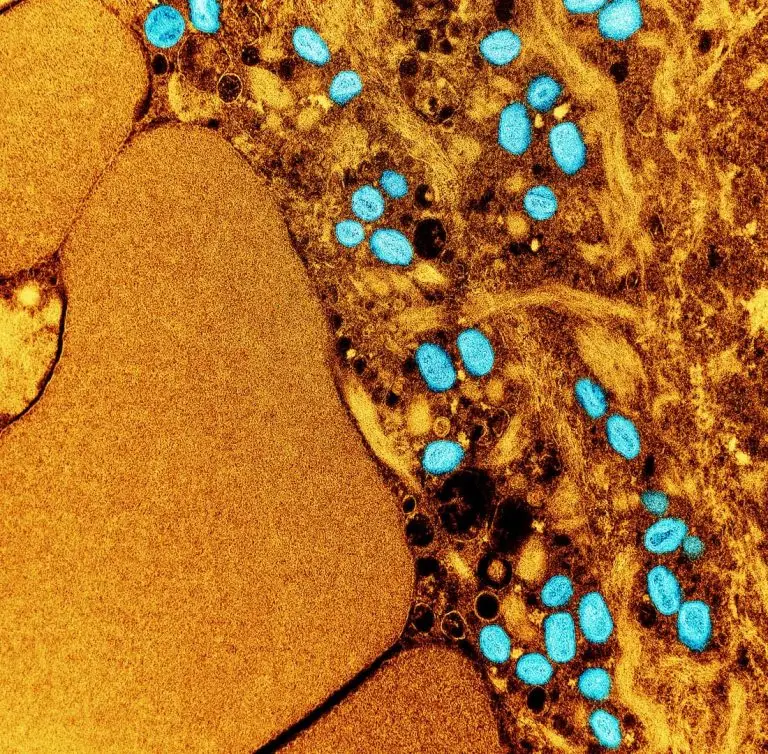
San Diego scientists investigate how immune cells combat rapidly spreading mpox strain
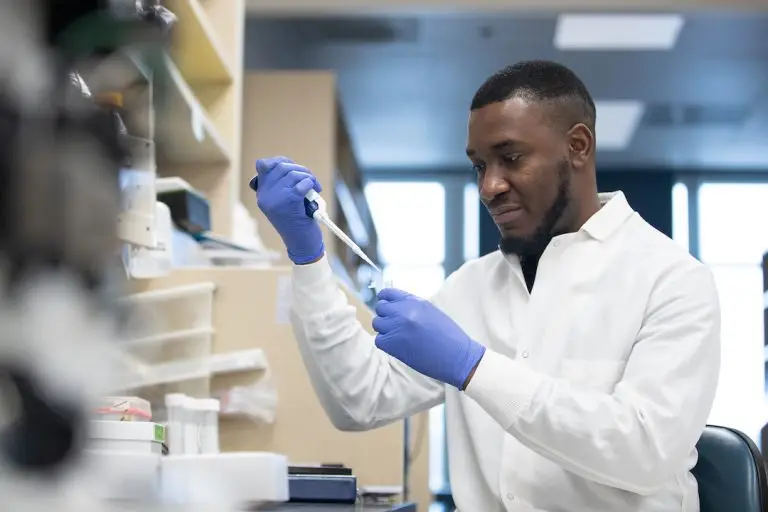
Chukwudozie establishes international collaborations to investigate how antibodies fight Lassa virus
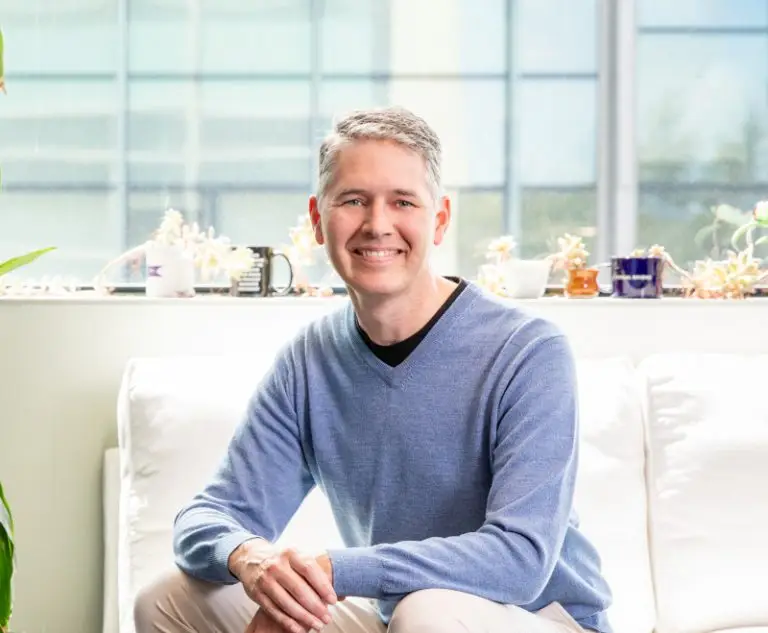
LJI scientists pioneer new method for measuring immune memory and SARS-CoV-2 responses in the upper airway
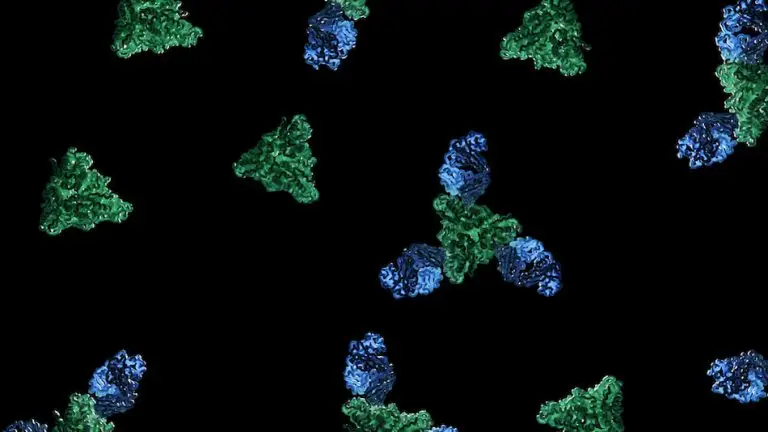
Researchers at LJI and Columbia University uncover exactly how a neutralizing antibody blocks measles virus infection
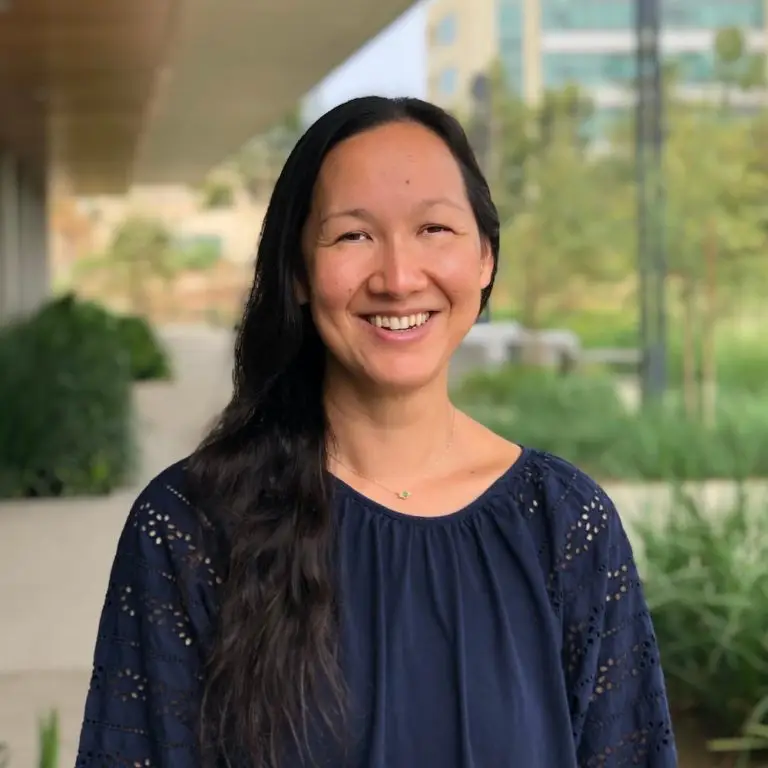
Ramirez brings a doctor's perspective to infectious disease research

The Weiskopf lab studies how the body battles emerging viruses to prepare for pandemic threats

Christopher Benedict, Ph.D., studies the strategies that viruses use to escape detection by our immune system.
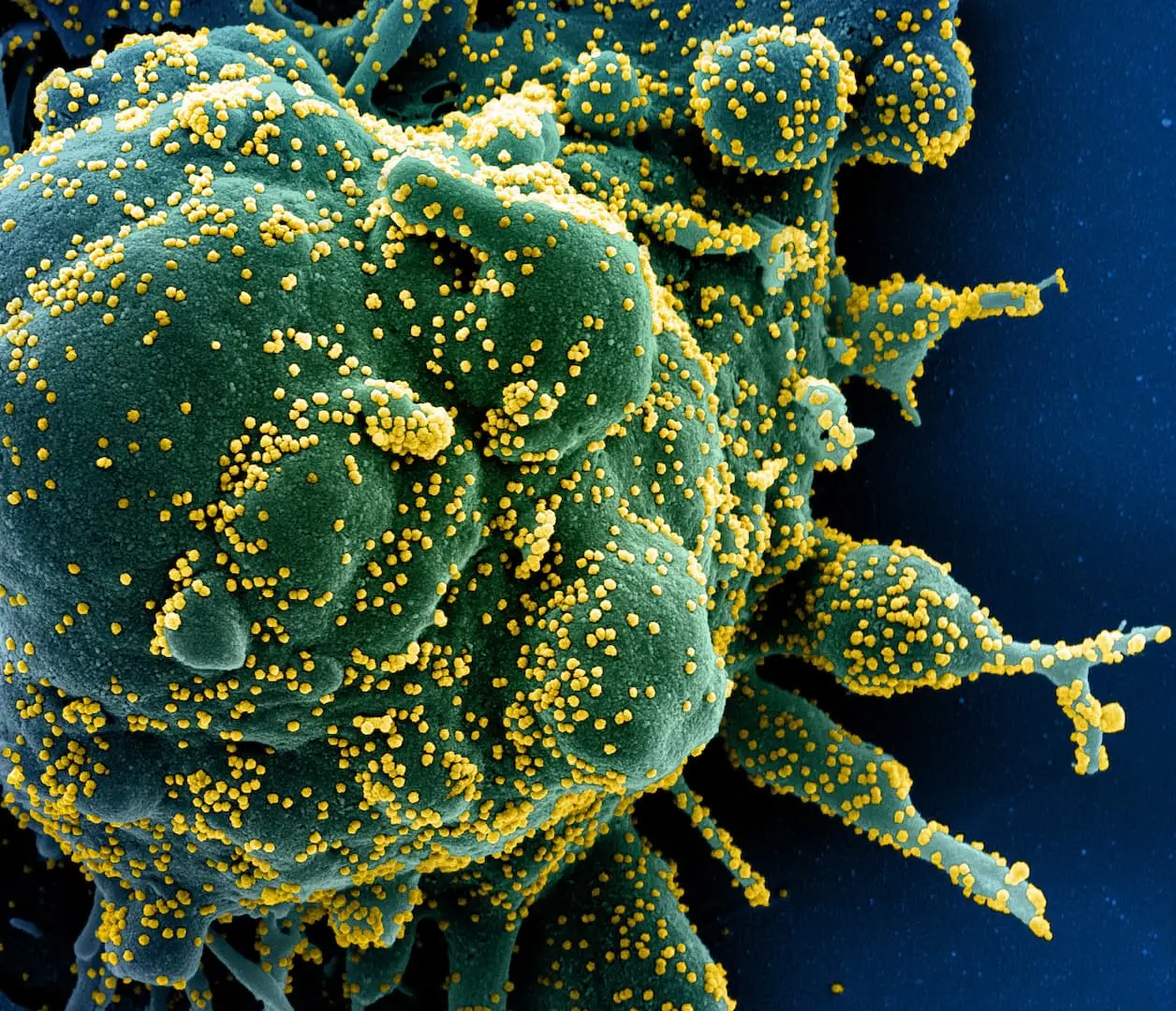
LA JOLLA, CA—New research from scientists at La Jolla Institute for Immunology (LJI) suggests people who received COVID-19 vaccines and then experienced “breakthrough” infections are especially well armed against future SARS-CoV-2 infections.

LJI's Flow Cytometry Core brings cutting-edge technology to immune system researchers
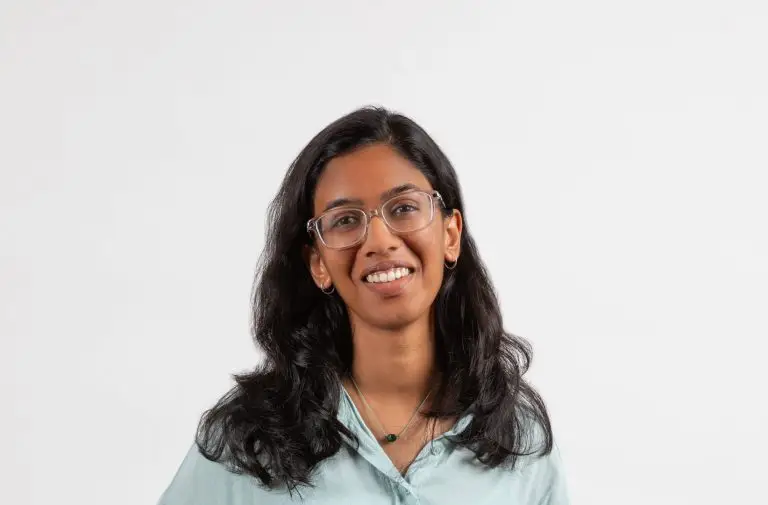
LJI trainee and 2024 SPARK Award winner to share her infectious disease research on a national stage
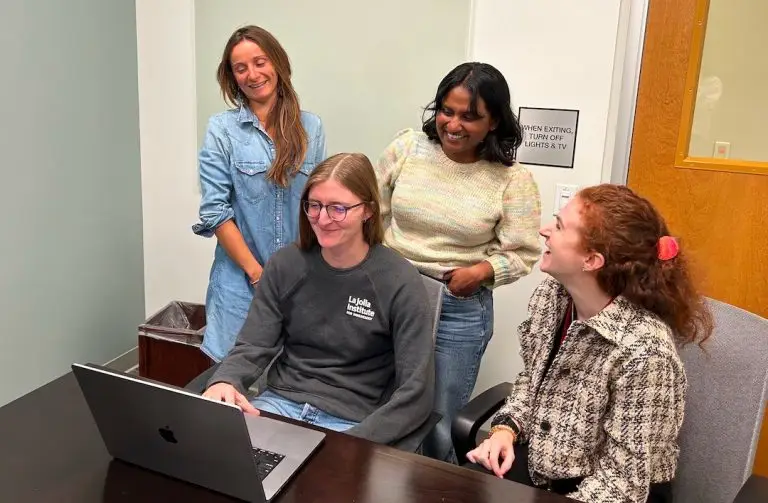
Vaccine researchers take on the challenge of predicting B. pertussis immunization outcomes
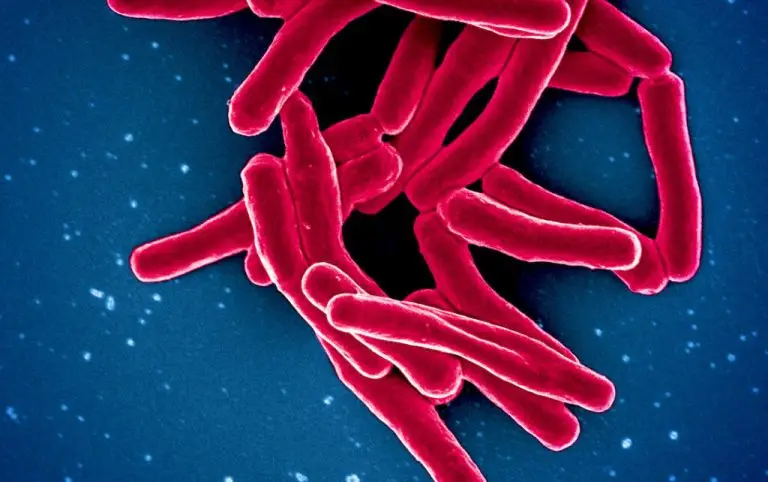
By tracking T cell activity, researchers uncover promising tuberculosis vaccine and drug targets
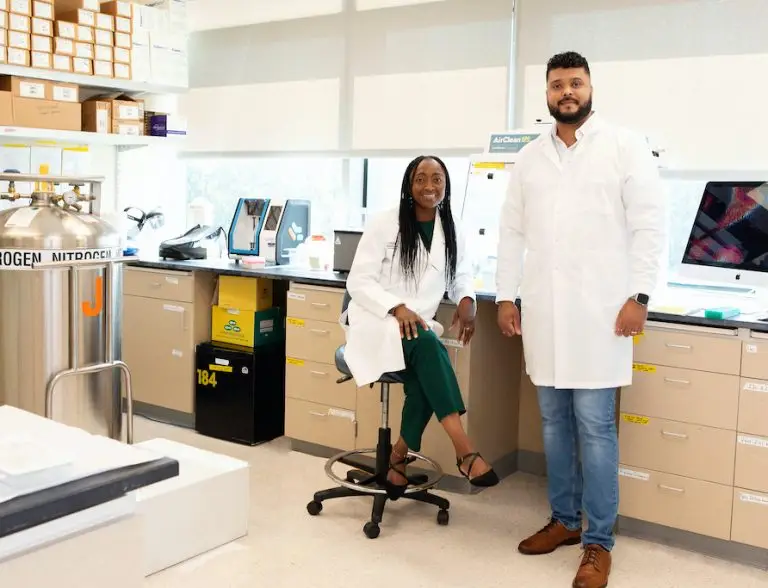
New LJI research demonstrates the importance of harnessing "cross-reactive" T cells to combat SARS-CoV-2
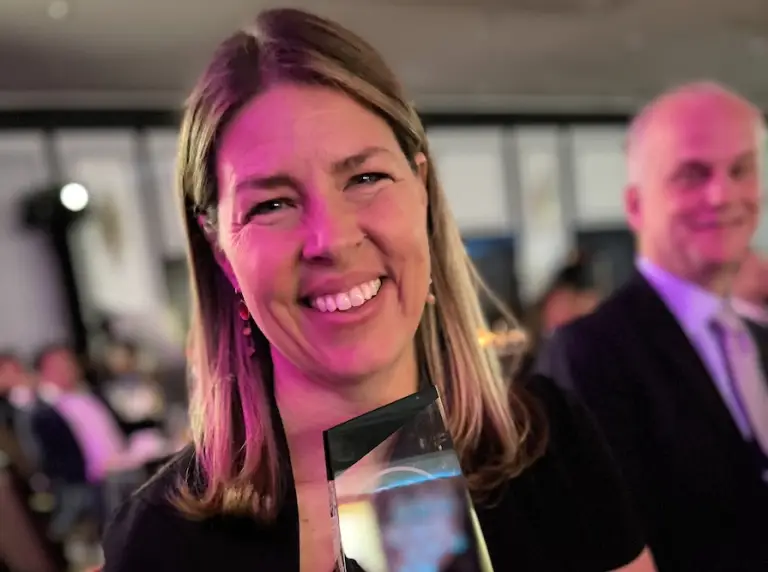
LJI President and CEO celebrated among California’s leading life sciences innovators
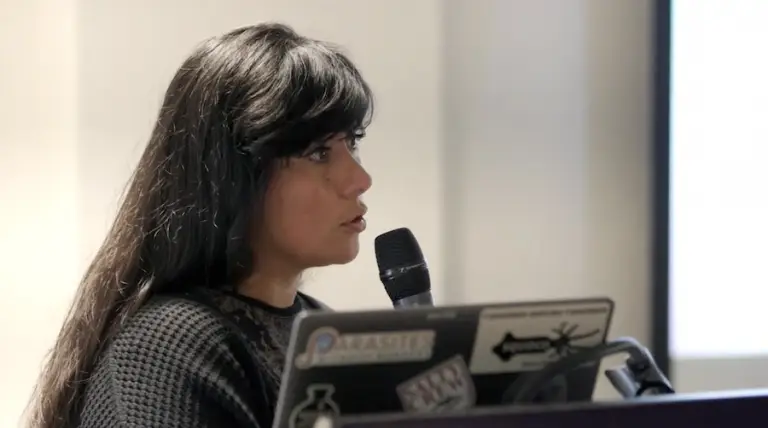
Fleet's Sharp Minds lecture series to feature immune system experts
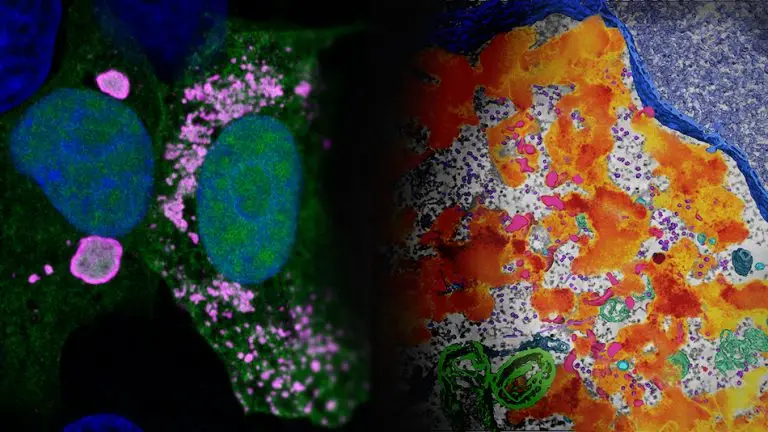
LJI researchers reveal a hidden side of how Ebola virus replicates inside host cells
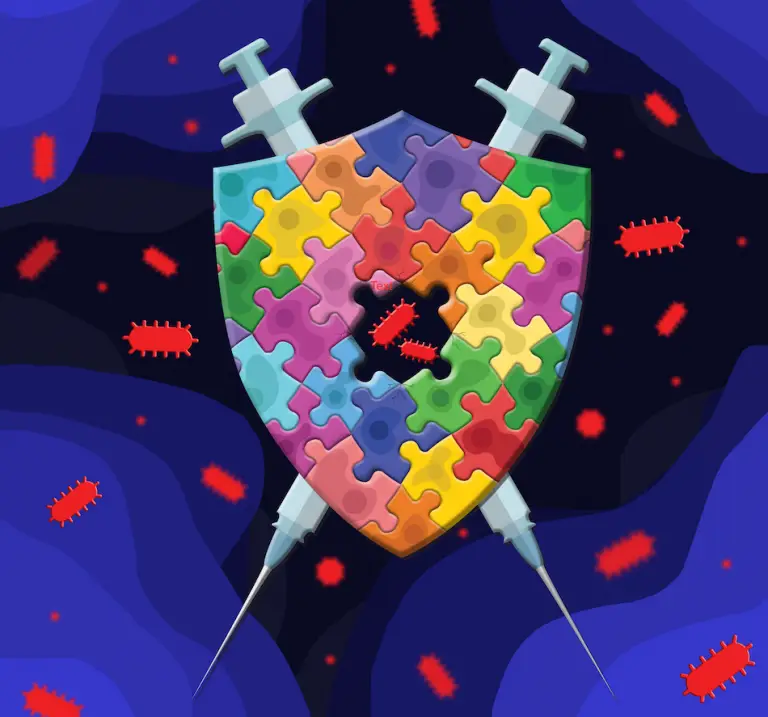
Surprising insights on pertussis vaccines pave the way for next-gen protection
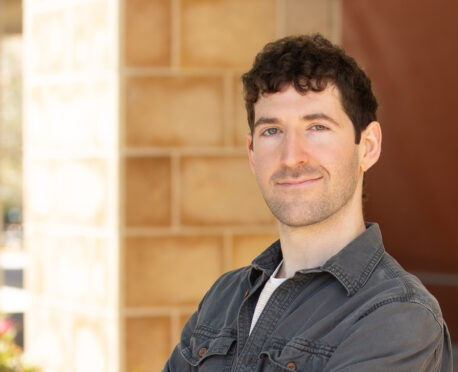
Computational biologists harness machine learning to make sense of immune system data
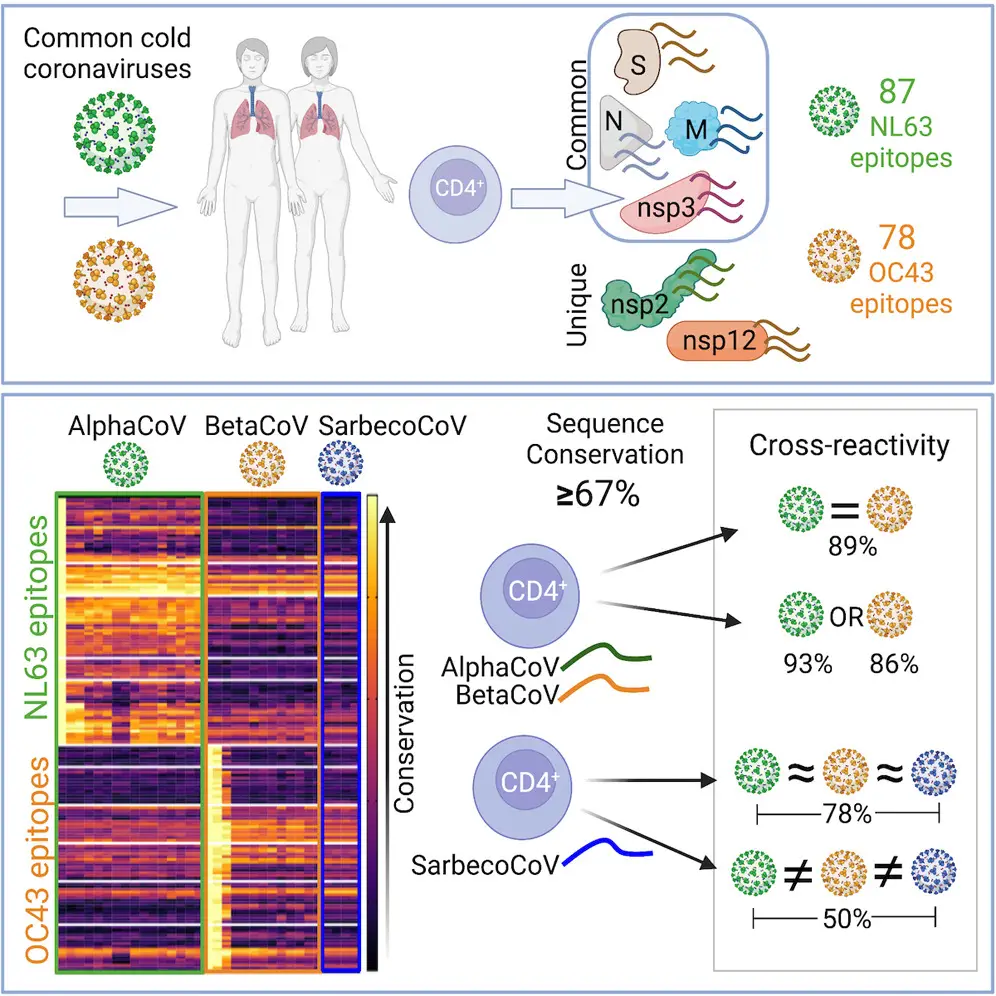
LJI researchers work to head off future pandemics by uncovering key similarities between SARS-CoV-2 and common cold coronaviruses
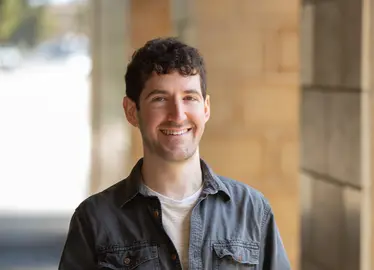
The Einav lab aims to stop deadly viruses by leveraging the vast wealth of data we acquire on the immune system
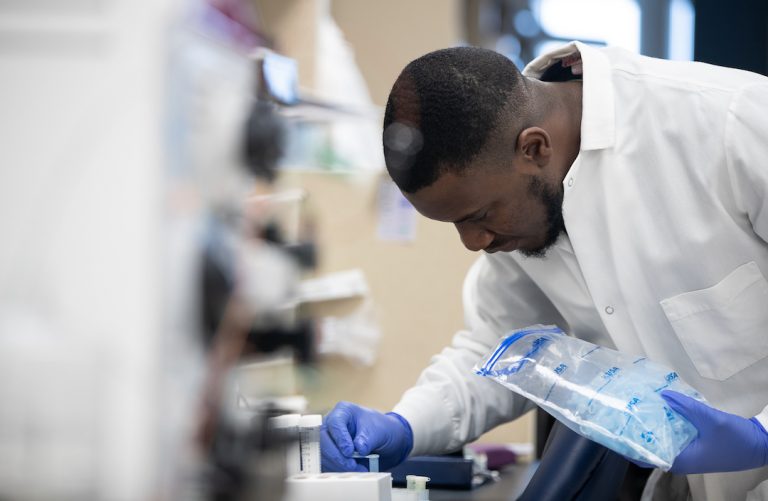
New Merkin Fellowship to support U.K. collaboration on Lassa virus research

Sette has led investigations into the T cell response to SARS-CoV-2, tuberculosis, and more
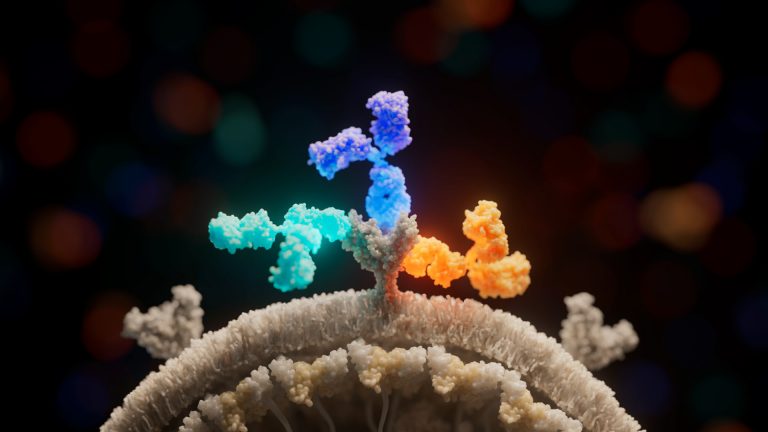
New findings emphasize the benefits of antibody cocktails over monotherapy approaches

Crotty has advanced vaccine research and tested new strategies for stopping HIV, COVID-19
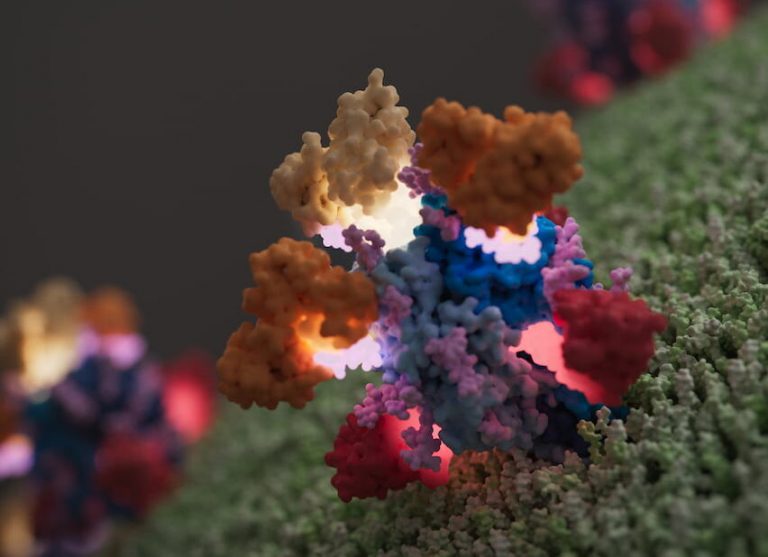
Three rare antibodies, combined in a "cocktail," are effective in fighting Lassa virus
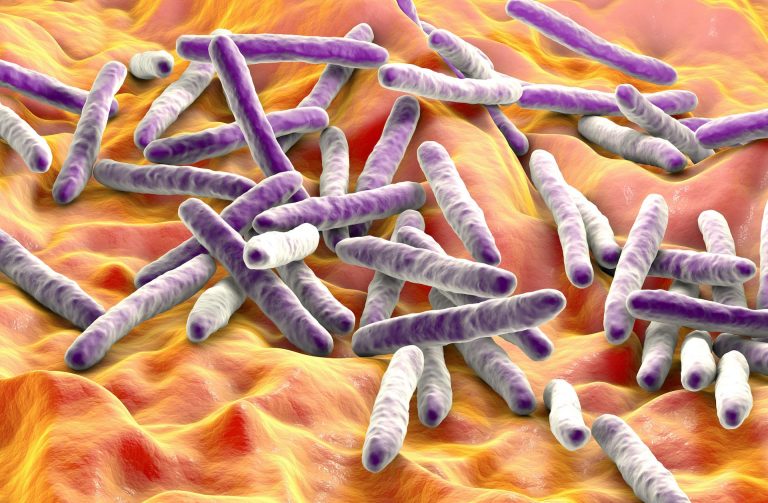
LJI scientists uncover defect that stops T cells from fighting MAC bacteria
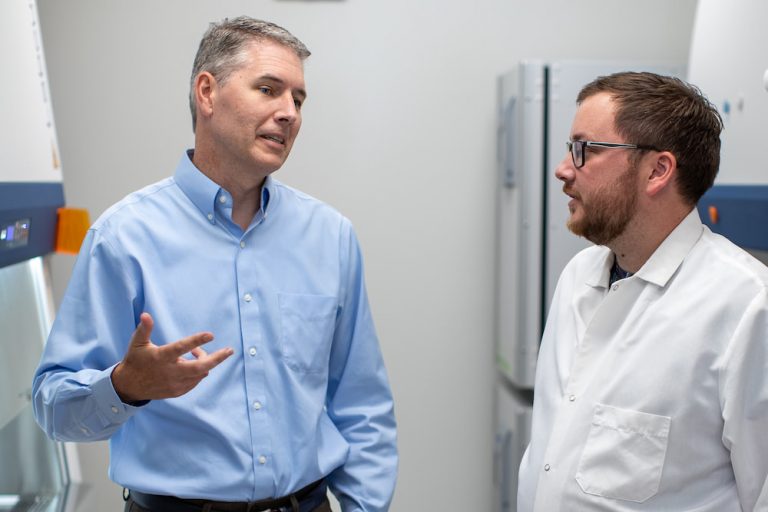
LJI scientists test new vaccine strategy to help the body target HIV
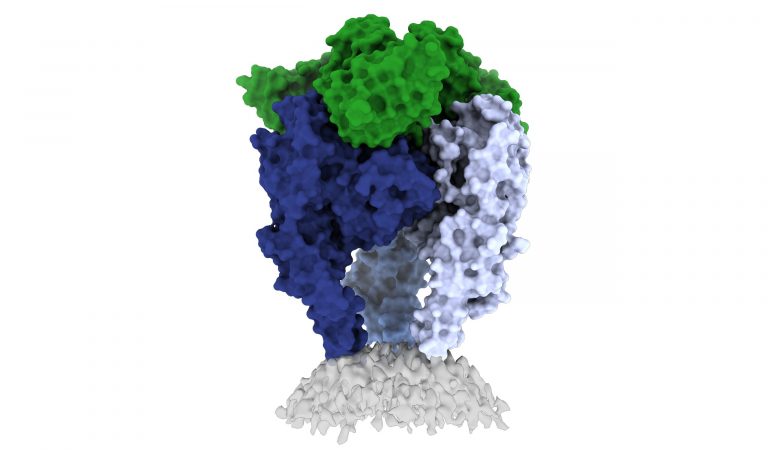
LJI scientists, in collaboration with researchers from the Institut Pasteur in France, capture new high-resolution view of rabies virus, revealing potential vaccine targets
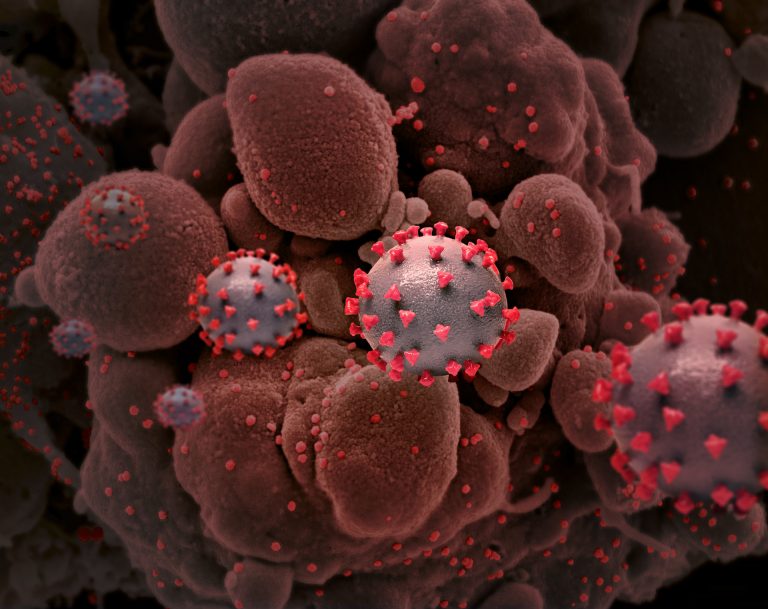
New investigation reveals the strength of T cell, B cell, and antibody responses over time
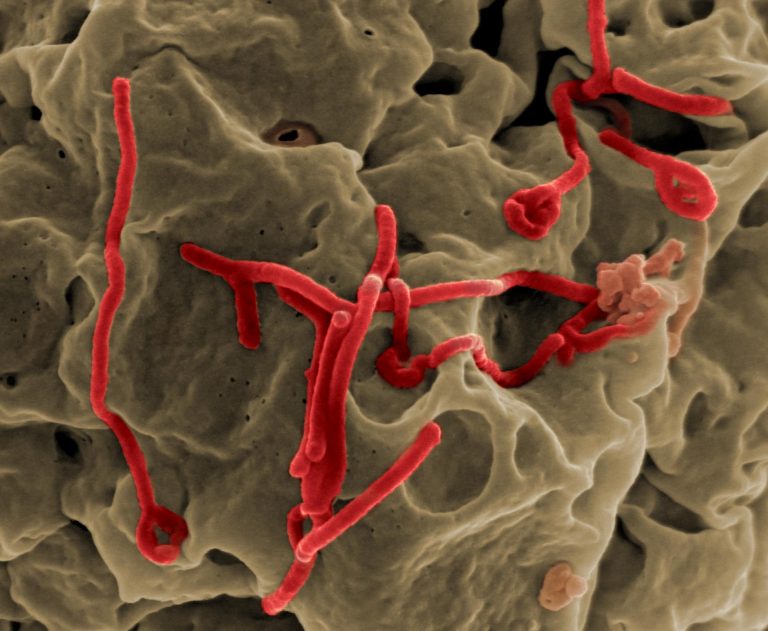
To treat Ebola virus infections, researchers are taking a close look at a key piece of the virus: polymerase.

LJI team uncovers how one odd antibody does some heavy lifting
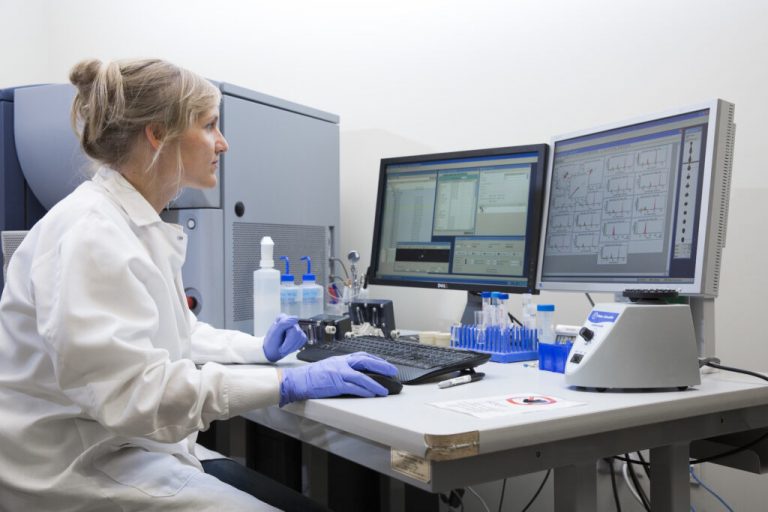
"This support allows LJI scientists to buy essential equipment and pursue fascinating early career research."
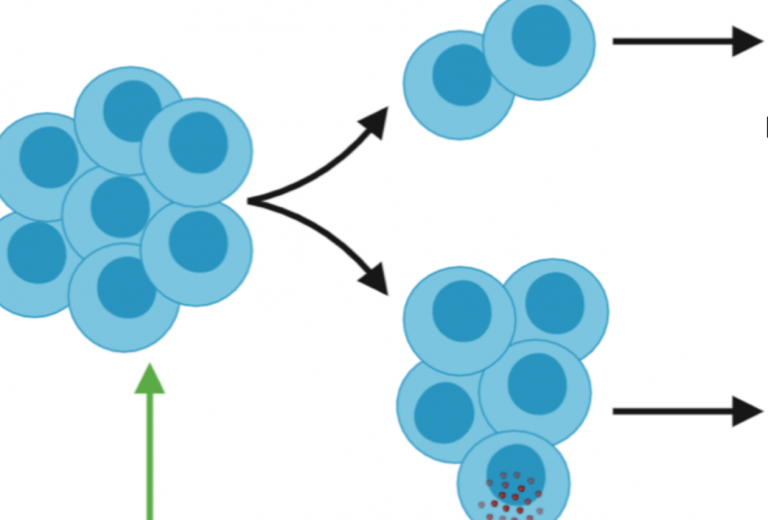
LJI researchers uncover a surprising choreography between Tregs, CD8+ T cells and pathogens

“This is a real honor. The ASM is an outstanding organization.”
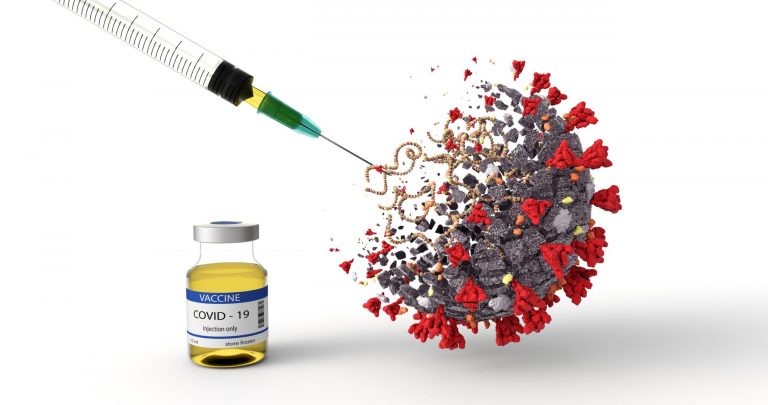
New LJI study shows how the fully vaccinated respond to a range of SARS-CoV-2 variants
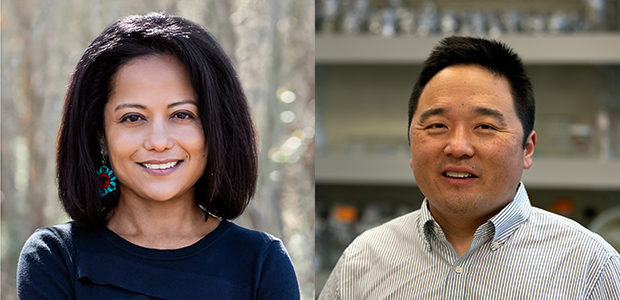
New agreement paves the way for better mouse models to study how the human immune system fights SARS-CoV-2
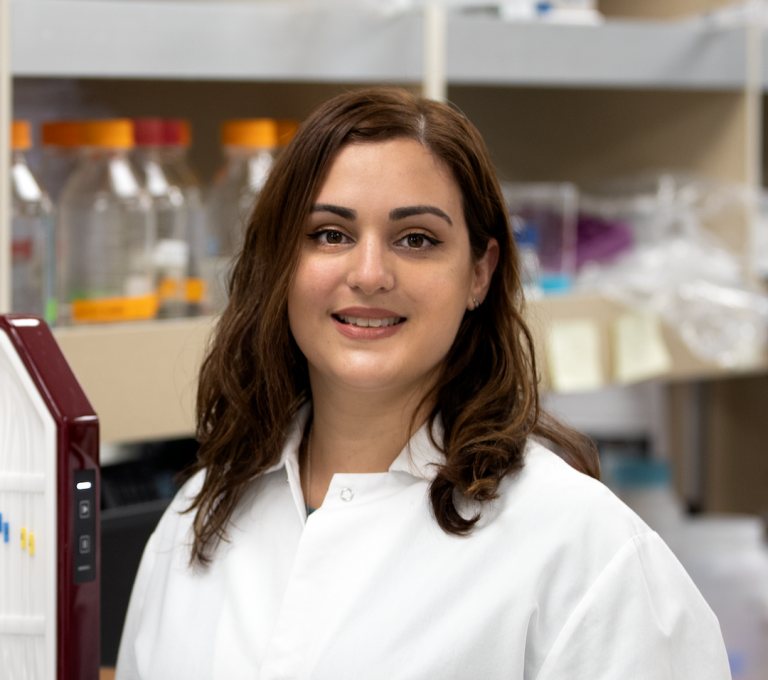
"This fellowship opens up a lot of future opportunities.”
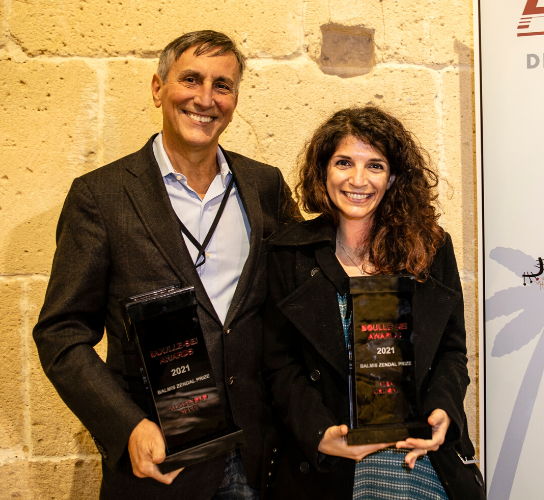
LJI COVID-19 researchers Alba Grifoni and Alessandro Sette win top honors from the Spanish Society of Immunology

When a T cell makes up its mind to kill, it does not mess around.
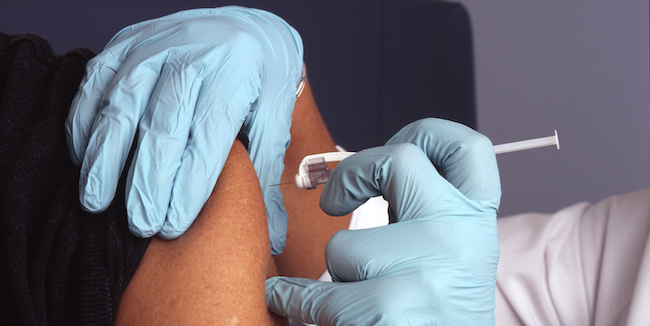
Most vaccines include particles called adjuvants. But not all adjuvants are created equal.

The international recognition reflects how LJI research is valued by scientific peers
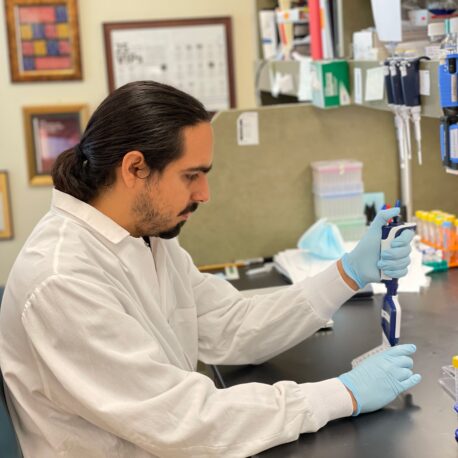
ARCS support propels vaccine design and HIV research
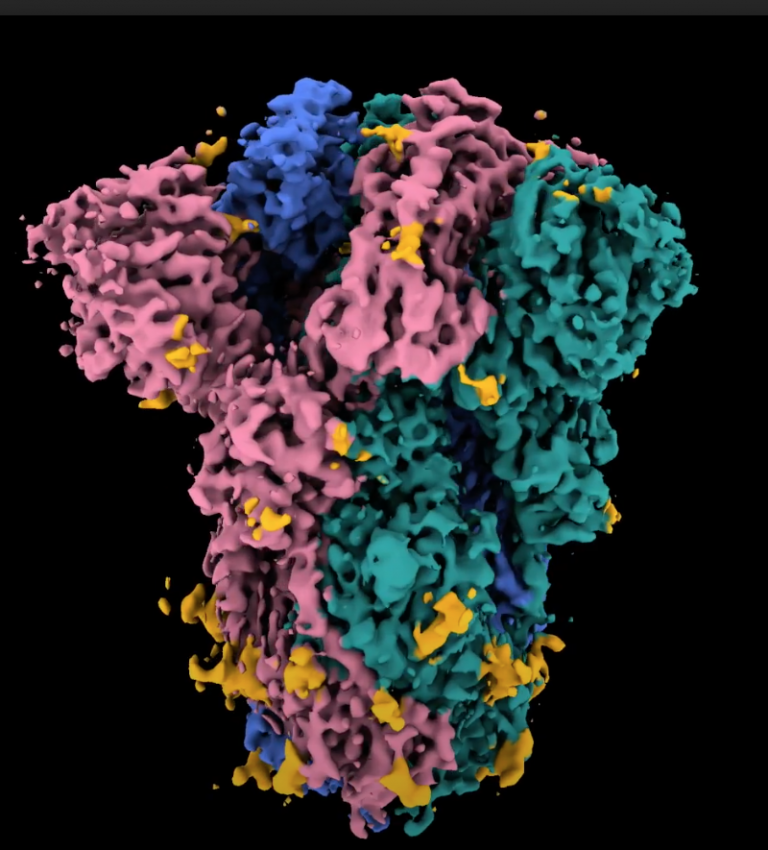
La Jolla Institute scientists team up with Brigham and Women's Hospital to guide the development of vaccines against the coronavirus family

Even elderly survivors show a strong, persistent immune memory
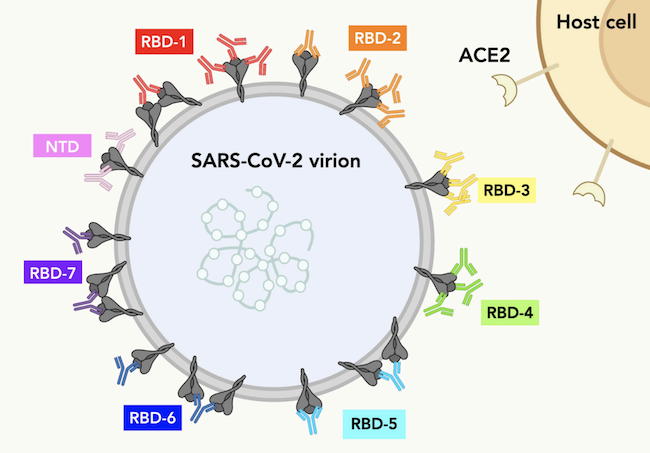
LJI-led Coronavirus Immunotherapeutic Consortium identifies antibody 'communities' with power to stop SARS-CoV-2 variants

Weiskopf reflects on nearly two years of non-stop COVID-19 research—and a recent honor from her native Austria
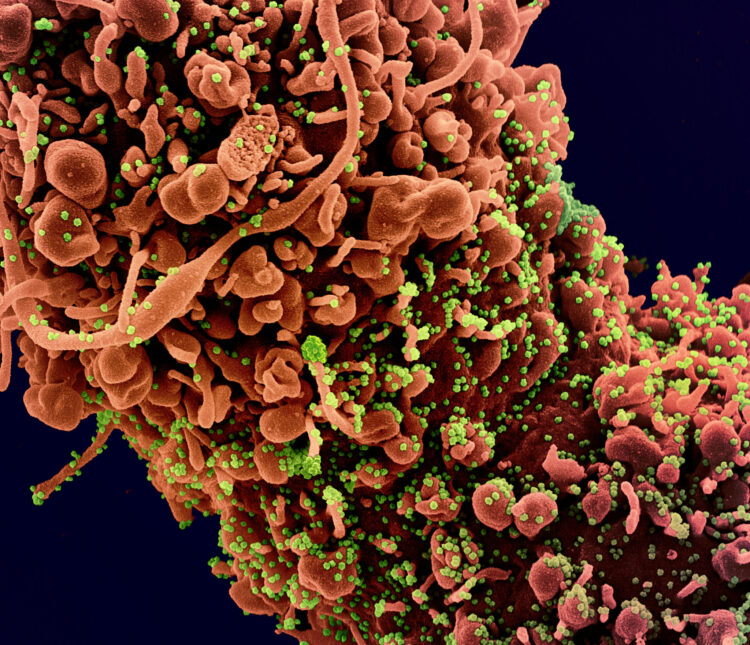
Immune system memory stays strong 6+ months post-vaccination, similar to responses in recovered COVID-19 patients

"These cells might make a big difference in fighting off viruses"

Professor Shane Crotty, Ph.D. , of the La Jolla Institute for Immunology (LJI), has earned the distinction of “World Expert” in vaccine research. This ranking is based on Expertscape‘s PubMed-based algorithms, which place Crotty in the top 0.1% of scholars publishing information…

The CDC is reporting every severe breakthrough, but less is known about non-severe cases.

With the global supply of Covid-19 vaccine still woefully inadequate, vaccine makers are scouring the pharmaceutical landscape for partners to ramp up manufacturing
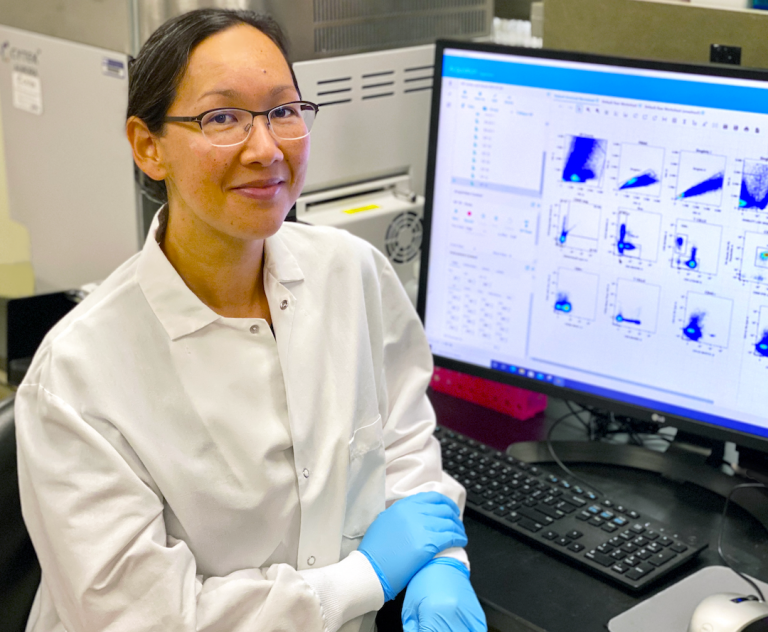
New A.P. Giannini Foundation Fellowship opens the door to an in-depth look at SARS-CoV-2 infections
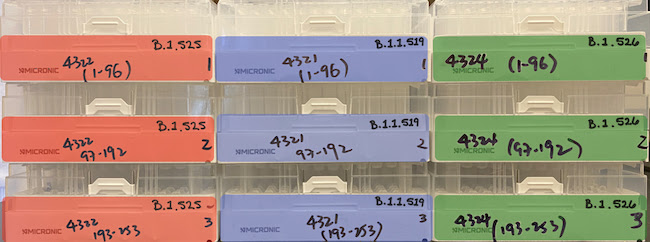
LJI researchers highlight the importance of T cell cross reactivity in stopping severe COVID-19 cases
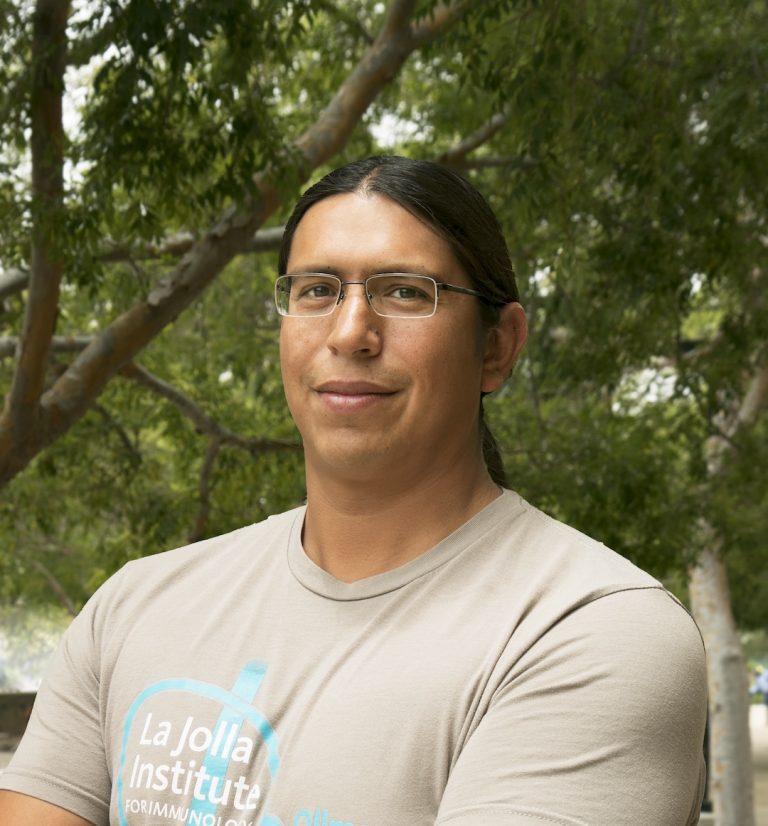
Adrian Enriquez, Ph.D., has a different way of looking at viruses

Throughout the pandemic, scientists in San Diego have made big contributions
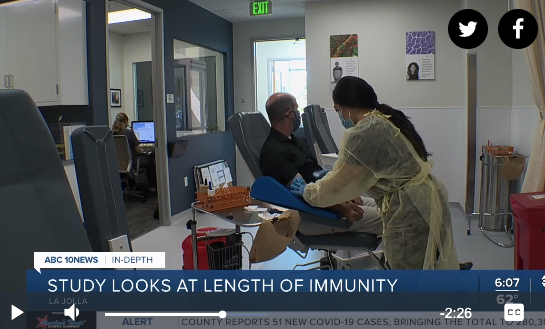
Study compares four vaccines and natural immunity
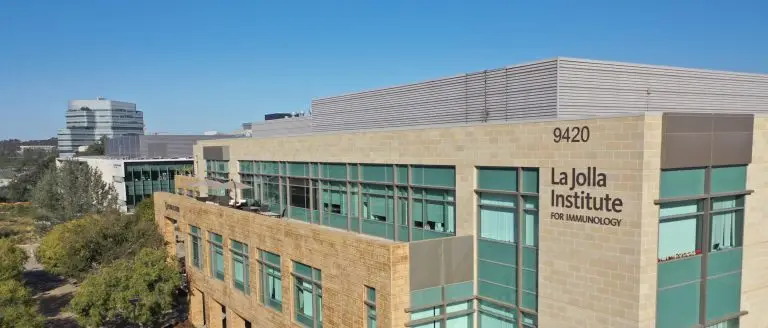
New mouse models may shed light on the puzzling aspects of SARS-CoV-2 infection
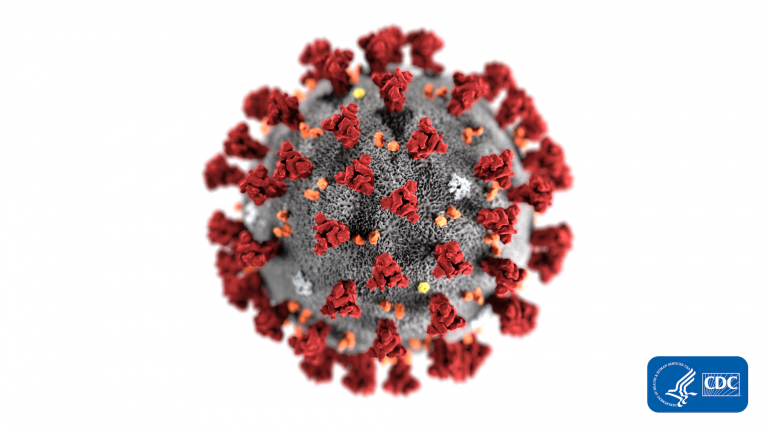
New LJI review shows how T cells target more than 1,400 sites on SARS-CoV-2
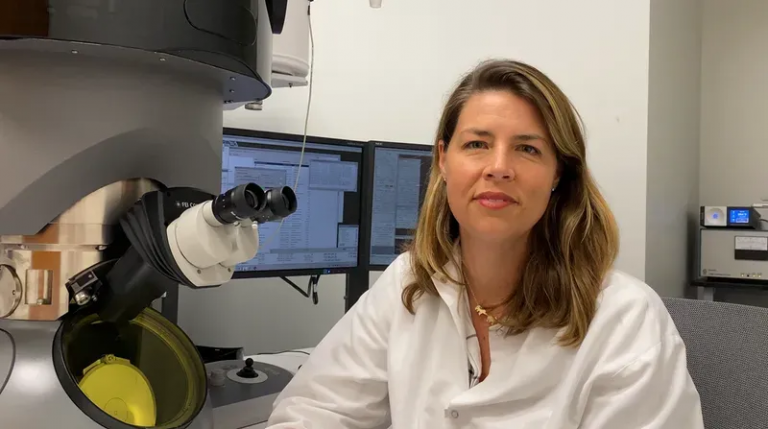
Erica Ollman Saphire brings together scientific competitors to find new antibody therapeutics for COVID-19.
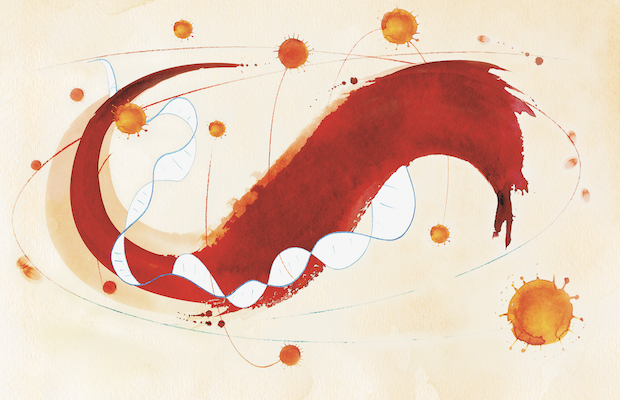
Men and women have different immune systems. With a better understanding of sex-specific immune differences, scientists can more effectively fight infections, cancers, heart disease, and even pregnancy complications.

San Diego biotech entrepreneurs François Ferré, Ph.D., and Magda Marquet, Ph.D., knew supporting LJI would be critical for advancing our understanding of COVID-19.
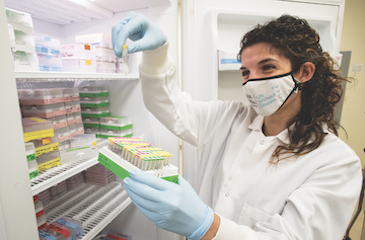
Speaking up for science
































































































